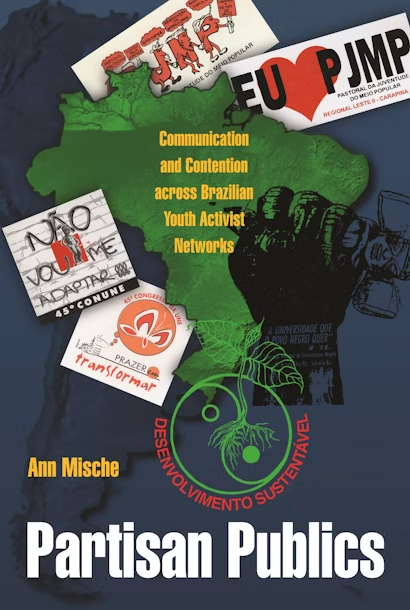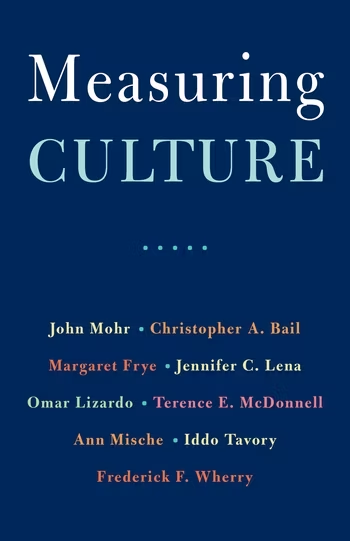Books

Partisan Publics: Communication and Contention across Brazilian Youth Activist Networks
Mische, Ann. 2008. Partisan Publics: Communication and Contention across Brazilian Youth Activist Networks. Princeton University Press.
* Honorable mention for 2009 Best Book Award, Political Sociology Section of the American Sociological Association.
During the 1980s and 1990s, Brazil struggled to rebuild its democracy after twenty years of military dictatorship, experiencing financial crises, corruption scandals, political protest, and intense electoral contention. In the midst of this turmoil, Ann Mische argues in this remarkable book, youth activists of various stripes played a vital and unrecognized role, contributing new forms of political talk and action to Brazil’s emerging democracy.
Drawing upon extensive and rich ethnography as well as formal network analysis, Mische tracks the lives of young activists through intersecting political networks, including student movements, church-based activism, political parties, nongovernmental organizations, and business and professional organizations. She probes the problems and possibilities they encountered in combining partisan activism with other kinds of civic involvement. In documenting activists’ struggles to develop cross-partisan publics of various kinds, Mische explores the distinct styles of communication and leadership that emerged across organizations and among individuals.
Drawing on the ideas of Habermas, Gramsci, Dewey, and Machiavelli, Partisan Publics highlights political communication styles and the forms of mediation and leadership they give rise to—for democratic politics in Brazil and elsewhere. Insightful in its discussion of culture, methodology, and theory, Partisan Publics argues that partisanship can play a significant role in civic life, helping to build relations and institutions in an emerging democracy.

Measuring Culture
Mohr, John et al. 2020. Measuring Culture. Co-authored book by John Mohr, Christopher Bail, Margaret Frye, Jennifer C. Lena, Omar Lizardo, Terence E. McDonnell, Ann Mische, Iddo Tavory, and Frederick F. Wherry. Columbia University Press.
Social scientists seek to develop systematic ways to understand how people make meaning and how the meanings they make shape them and the world in which they live. But how do we measure such processes? Measuring Culture is an essential point of entry for both those new to the field and those who are deeply immersed in the measurement of meaning. Written collectively by a team of leading qualitative and quantitative sociologists of culture, the book considers three common subjects of measurement—people, objects, and relationships—and then discusses how to pivot effectively between subjects and methods. Measuring Culture takes the reader on a tour of the state of the art in measuring meaning, from discussions of neuroscience to computational social science. It provides both the definitive introduction to the sociological literature on culture as well as a critical set of case studies for methods courses across the social sciences.